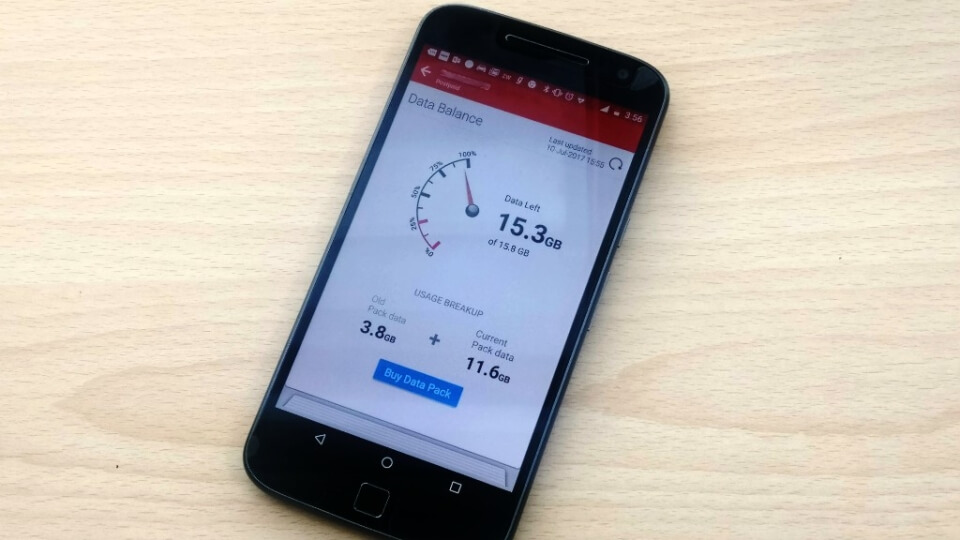You might have heard people complaining about their thousands of dollars of the Internet. You may think that these overage bills are just some myths and legends, but there are true and have happened to people.
People had to pay thousands of dollars for just using the Internet over the limit. One such incident happened with a woman who was using AT&T’s 5 GB Plan. When she reached the data limit, AT&T started to charge her around $480 per GB over the limit which eventually turned out to a bill of $5,000 for her.

We are here to help you with avoiding data overage charges. Hopefully, this will help you!
1. Check your Data Plan
The first thing that you should do is to check your data plan. You should get a data plan according to your Internet needs and how much Internet you use.
If you are a streaming monster, then it wouldn’t be fair for you to get a 2 GB data plan because that would be drained in 1-2 days of constant streaming.
So, it is better that you limit internet activities and get a data plan accordingly.
For average users, 10 GB plan per month is enough, but if you use more then you should definitely look for a higher data plan.
You can also find some vendors which give you unlimited or reasonable data plans so, you might not even reach the limit and save some for the future.
2. Reduce your Data Usage
As mentioned earlier, to avoid any overcharges, you should limit your internet usage and reduce your data usage as much as you can.
Use data only when required and not all the time.
It is also not a good option to run multiple web pages at once. We are not saying that you should just open one web page, but if you open a large number of web pages, all of them can use a lot of data and not to mention the ads on each of them.
You should also limit the background app activity for social apps as they constantly and they can drain a lot of your data without you even noticing.
3. Use Wi-Fi when available
Wi-Fi is your best option to avoid overage charges. When you use Wi-Fi, you won’t be consuming any of your data and your data will be conserved for the times when you don’t have a Wi-Fi connection nearby.
If you are at home and have an unlimited plan, then you should definitely use your Wi-Fi connection.
You can also use Wi-Fi at coffee shops or restaurants instead of using your own data because they provide free Wi-Fi for their customers and you have all the right to use it!
Some bookstores also offer free Wi-Fi. So, you can spend all of your day there with your mobile or laptop and save your data plan.
4. Data Roaming
When traveling outside of your country or visiting any foreign country then you should check the roaming options on your data plan.
Contact your provider and ask them about data roaming to where you are going.
If you are going to a place where your provider does not provide data service, you should buy a prepaid SIM card of that area with a data plan and use it instead of overage charges.
5. Data Monitoring
When you are on a limited data plan, you should monitor your data usage and keep a track of it.
It is your responsibility and every data provider have an automated way to find out about the data either through sending a free text message to a special number or through their apps or websites to find out how much data have you used.
You should check once every week to find out how much data you have used and how much is remaining.
If you are unable to find out the usage of your data, you should contact your provider and ask them how much data you have used and how much is remaining.
They will also be able to guide you through the process on how to find out data usage.